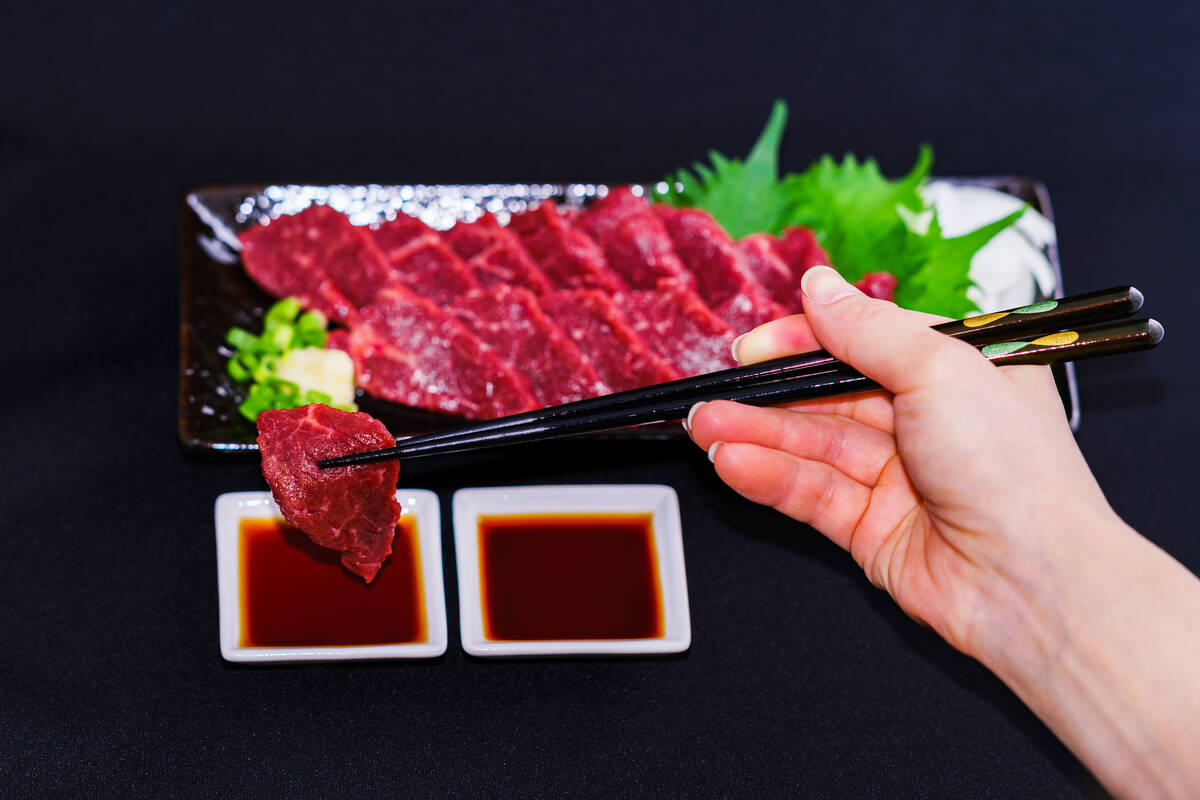Canada is the world’s sixth-largest exporter of agriculture and food products with sales of more than $40 billion
Canada has enjoyed considerable success in boosting agri-food exports thanks to close collaboration among governments and industry groups, says Agriculture Minister Gerry Ritz.
Ritz credited the Federal Market Access Team at Agriculture Canada and Agri-Food, which co-ordinates the Canadian approach to finding more buyers for food products.
The department’s latest market access report highlights improved access for beef in South Korea, maintaining the $1.6-billion market for canola in China, and the successful challenge against the U.S. country-of-origin labeling (COOL) law.
Canada is the world’s sixth-largest exporter of agriculture and food products. Exports exceeded $40 billion in 2011 and contributed more than $9.2 billion to the nation’s trade surplus.
Read Also

Horse live export ban on back burner
Animal welfare groups still hope Canada’s Parliament will ban the export of live horses for slaughter, a topic back in the news due to a recent court case in Manitoba.
The report’s findings were welcomed by the Canola Council of Canada and the Canadian Cattlemen’s Association.
“Our industry exports 85 per cent of what we produce, so market access is vital,” said Patti Miller, president of the canola council.
Working with the access team, “we’ve maintained and grown export markets worth more than $1.6 billion per year. It’s been extremely valuable, but our work is not yet done,” she said.
Free trade talks with the European Union, South Korea and Japan, as well as the negotiations on the Trans-Pacific Partnership, “offer significant potential to further improve market access for canola,” she added.
Canola is the country’s most valuable crop, generating more than $15.4 billion in economic activity each year and generating 228,000 jobs. In 2011, more than $8.4 billion in canola seed, oil, and meal were exported to 55 countries.
CCA president Martin Unrau said restoring access for Canadian beef under 30 months of age to South Korea could produce sales of $30 million by 2015. Other positives for the industry are increased sales of boneless Canadian beef to China and the COOL ruling, he said.
“Many of the major market access gains highlighted in this report have required years of hard work to come to fruition,” he said.
The access report identifies 10 priority markets, as well as ongoing work with the U.S. on regulatory alignment through the Regulatory Cooperation Council and the Beyond the Border Initiative. The government is also working with the U.S. on its Comprehensive BSE Rule, which will modernize the way the U.S. recognizes other countries’ BSE status and bring USDA practice in line with the system adopted by the World Organization for Animal Health in 2006.
The 10 priority markets listed in the report are Taiwan, the European Union, Mexico, Japan, South Korea, the U.S., China, Indonesia, India, and Russia.
The government has also launched a campaign to win international acceptance of a policy that would commit importers to accept grain shipments as long as the amount of genetically modified organisms was under 0.1 per cent of the volume of the product.
















